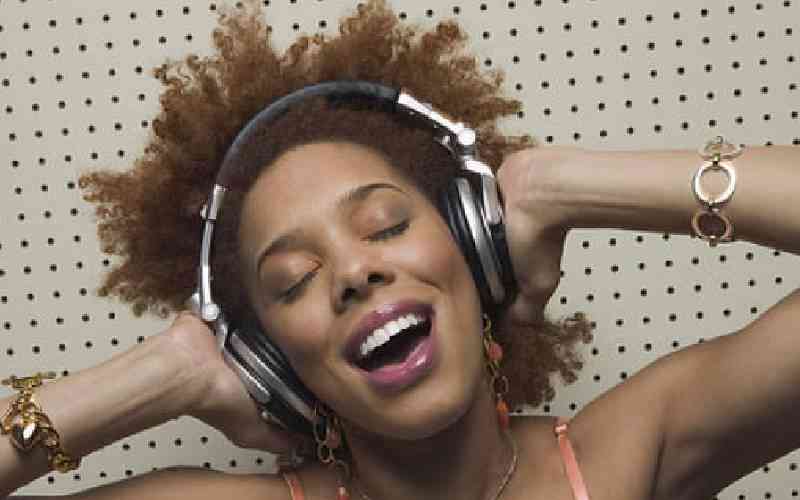×
The Standard e-Paper
Smart Minds Choose Us

Three types of people are excruciatingly sensitive to noise: geniuses, misophonia victims and old geezers.
Geniuses, according to a 2015 study by scientists at Northwestern University in Illinois, showed that people engaged in higher creative prowess suffer inability to filter out irrelevant sounds.